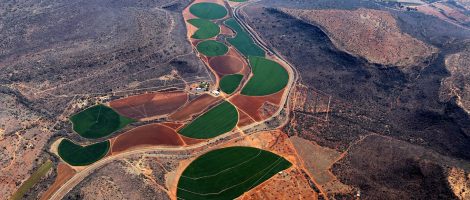Events
2023 UN Water Conference
The 2023 UN Water Conference will be held in New York City from March 22nd to March 24th. This global conference, co-hosted by the governments of the Netherlands and Tajikistan, is the first of its kind in almost 50 years and aims to address the urgent water crisis around the world by providing a platform for game-changing initiatives through the Water Action Agenda. The present of groundwater specialists in the conference is very important to use the momentum gained in the last year to hold discussions that foment groundwater as an adaptive solution for water crisis.
Have a look on the event if you wish to engage in some of these discussions. The youth participation is also highly welcomed!
MSc students from IHE Delft will hold an online Dialogue entitled “Building Youth Leadership for Accelerating Change” on the World Water Day, March 22, 2023, at 5:30 PM – 6:30 PM (CET). For more information about this event, please follow this link and don’t forget to register!
Additionally, the New York Water Week, March 18th to March 24th, offering various hybrid and online events. Join the community of water professionals around the world by participating in this week’s events. Some of the events are: World Water Film Festival (WWFF), The SDG 6 Research and Innovation Marathon Relay, Women and Water, Does Water Have a Gender, Valuing our Water – Investing in the Next Generation, Water: An Indigenous Perspective.




